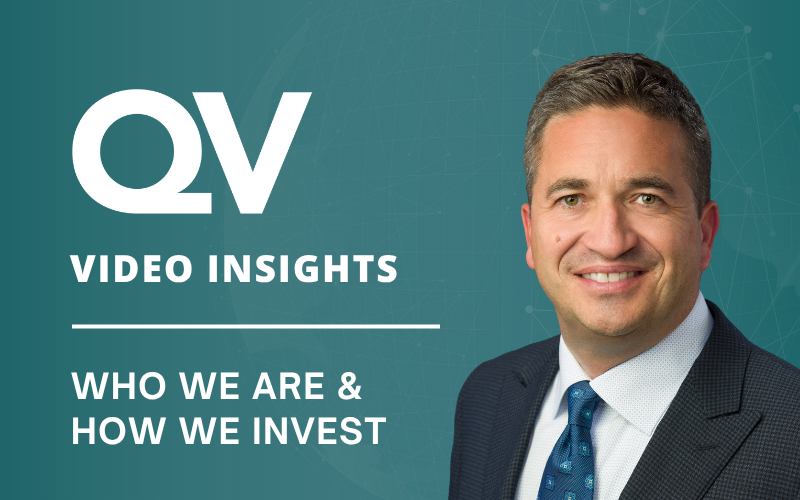A regime shift, in ecology, is defined as an abrupt and significant change in the behaviour and/or structure of a system. For example, human activity is believed to have caused a material change in the earth’s climate. There are also political regime shifts such as the recent election in the United States. Inflation and economic growth, which have been disappointing, could meaningfully be altered if the economic policies endorsed by President-elect Trump are enacted.
Government bonds around the world quickly sold off as investors re-priced their expectations for a global economy with higher inflation. The U.S. 30yr Treasury bond sold off by 8%, returning its yield to where it started the year at 3% in just a few short days. This clear departure from the deflationary mindset that drove sovereign bond yields into negative territory has the potential to alter the direction of interest rates.
We have been defensive in our fixed income strategies as historically low yields offer low interest income and higher price sensitivity to interest rate movements. This is an unattractive risk-reward proposition when we consider the number of financial institutions (i.e. banks, insurance companies, pension plans, etc.) that are disadvantaged at such low yields but remain essential entities in supporting economic growth.
We anticipate higher yields and have positioned the strategies accordingly. Even after recent market moves, bond yields remain historically low and highly sensitive to abrupt changes, especially if inflation expectations accelerate. Value investor Seth Klarman summed it up best: “Why should the immediate opportunity set be the only one considered, when tomorrow’s may well be considerably more fertile than today’s.” Having the fortitude to hold a defensive position is easier said than done, but remains in our clients’ best interest.
Trump’s pro-business agenda will likely be a boon for American businesses, but his protectionist policies could also come at the expense of major trading partners (China, Mexico, and even Canada). The net effect is difficult to ascertain at this juncture. As President Obama put it, “campaigning is different than governing” and we do not know what policies Trump will actually follow through with when he takes office in January. We acknowledge that these uncertain times are uncomfortable as emotions flare.
But we argue the future will always be uncertain. And we will never fully know what will transpire. For us, the name of the game remains: compounding real returns in a risk-adjusted framework. During times of unease, we trust that our businesses with durable competitive advantages and strong balance sheets will steadily build value. It’s not easy to remain invested when headlines and new developments elicit emotion. But we trust that profits are available for the taking for investors with a long time horizon. Take CN Railway, for example, a simple transport business and a holding in our Canadian equity strategy. This business has grown equity value (book value per share) at a double-digit annualized rate over the last twenty years. Its dominant market position in North America gives us confidence that profits will not disappear overnight.

We are certainly predisposed to emotion during uncertain times. But when the outlook is unclear, we like to bring it back to our businesses and slowly our worry begins to fade. It doesn’t disappear, but the volume definitely softens. We acknowledge that change is inevitable and we will continue to anticipate uncertainty in the future. This keeps us on our toes. We also find comfort in the belief that a commitment to risk management and business strength should continue to grow wealth through multiple regimes.




